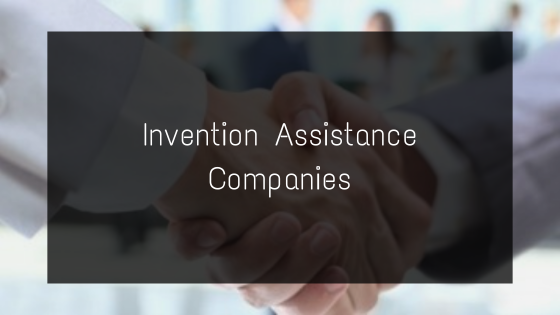The path from a spark of creativity to a market-ready product can be fraught with challenges and uncertainties. Inventors are often experts at ideation and conceptualization but may lack the knowledge or resources to bring their creations to life. This is where invention assistance companies like InventHelp come in, providing a lifeline of support and expertise to navigate the murky waters of the invention process as explained on https://buffalonews.com/brandavestudios/how-does-inventhelp-assist-inventors-when-inventing-a-new-invention-idea/article_c7edf803-ddc7-5ce0-aac5-f39db911597c.html.
Expert Guidance on Patents
One of the paramount hurdles an inventor faces is protecting their idea. Invention assistance companies understand the importance of intellectual property protection and offer invaluable assistance with patent searches to ensure an idea is novel and patent-worthy. They help inventors prepare and file proper patent applications to safeguard their ideas against infringement.
Intellectual Property Consultations
Understanding the ins and outs of intellectual property law is crucial for any inventor. Invention help companies can provide specialized knowledge on the subject, helping inventors decide between filing for a provisional patent, which offers a year’s protection while further developing the invention, or going straight for a non-provisional patent. Such consultations are vital as they can affect the long-term success and profitability of the inventor’s idea.
Prototype Development Assistance
One of the significant steps in the invention process is the creation of a prototype. This physical representation of an idea can be used to test the functionality of the product and impress potential investors or licensees. Invention assistance companies often offer services to develop, refine, and produce prototypes, which can be a daunting task to undertake without the right technical expertise or resources.
Marketing and Commercialization Strategies
Bringing an invention to market is about more than just the idea—it involves strategic planning and marketing. InventHelp and similar companies can provide direction and support in creating effective marketing materials and strategies. They understand that a well-marketed product can make all the success and obscurity in the marketplace.

Networking and Industry Connections
Invention assistance agencies typically bring with them a network of industry contacts, which can be hugely beneficial to inventors. Through networking, inventors can access a range of industry professionals, from manufacturers to distributors, who can play pivotal roles in launching a new product. Moreover, they can introduce inventors to potential investors or companies interested in licensing agreements.
Educational Resources and Training
The learning curve for inventors can be steep, and invention assistance companies often provide educational materials and training sessions to help inventors better understand the business of innovation. These resources might include webinars, workshops, and literature on best practices for product development and commercialization.
Support Throughout the Invention Process
Inventors commonly face emotional ups and downs; invention assistance companies, such as InventHelp, provide continuous support throughout the process. From the initial idea to securing patents and prototypes to launching the product, having a dedicated team providing reassurance and guidance can be tremendously encouraging.
Choosing the Right Partners
However, inventors must exercise due diligence when selecting an invention assistance company. It is vital to work with reputable firms that have a track record of honesty and transparency. Inventors should thoroughly research potential partners, read reviews, and check for any complaints with consumer protection agencies before entering into an agreement.
Conclusion
Invention assistance companies can be indispensable partners in the journey of bringing new ideas to market. With their comprehensive suite of services, inventors are empowered to avoid common pitfalls, protect their intellectual property, create prototypes, and develop strategies for commercialization—turning their innovative dreams into tangible realities.


